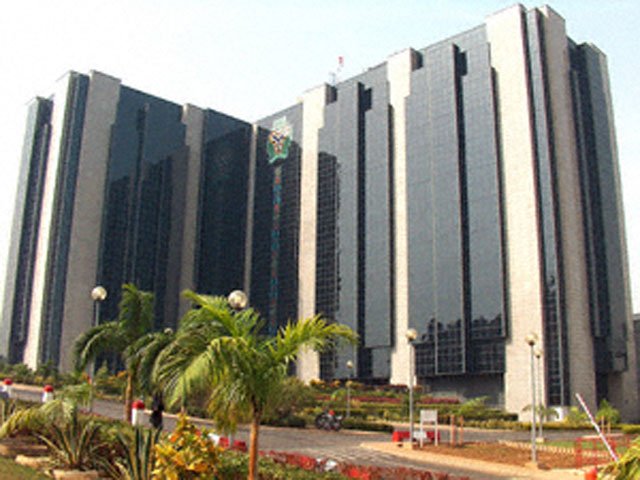In view of the high growth rate of bad loans in the books of banks and advice by members of the Monetary Policy Committee (MPC), the Central Bank of Nigeria (CBN) at their meeting in April, plans to begin conduct of monthly compliance checks of the Credit Risk Management Systems (CRMS) returns of banks in the country to verify compliance.
Consequently, according to the June 6, 2018 circular Ref: FPR/DIR/GEN/CIR/07/002, signed by I.S. Tukur, for director, Financial Policy and Regulation Department, commercial, merchant and non-interest banks in the country are to submit their updated credit risk records “no later than the 8th day after each month end.”
In line with its circular Ref: FPR/GEN/CRM/06/012 dated February 27, 2017, titled “Regulatory Guidelines for Redesigned Credit Risk Management System for commercial, merchant and non-interest banks in Nigeria, the CBN directed Chief Financial Officers “to ensure that total loans/advances/credits reported on FiNA (financial analysis application system) or any regulatory platform for submissions of returns must match total value of credit total value of credit/exposures reported in the CRMS.”
These, it said must include the distribution of exposures by ‘Business Lines.’
Since banks must complete their routine end-of-month processes so as to generate balances required to correctly update the outstanding balance of each live CRMS record, which must align with the existing April 10, 2014 circular titled: ‘Timelines for rendition of statutory returns through the FiNA application to the CBN and NDIC.
The circular specifically requires banks to submit their end-of-month returns five days after the end of each month.
Additionally, the banks must also ensure that live CRMS records are updated to ensure that their totals match the FiNA month-end returns.
In their personal comments at the end of its April 3 and 4, 2018 meeting, members of the MPC in their personal statement leading to the unanimous decision to hold rates for the umpteenth time, lamented the bloating Non-Performing Loans (NPL) of banks now at 16.21% at the end of February, as against the 5% regulatory threshold.
This, they blame for fragility among Nigerian banks, just as the continued delay in passage of the 2018 Appropriation Bill by the National Assembly and expected spending ahead of the 2019 general elections.
Adebayo Adelabu, outgoing Deputy Governor, for example, agreed that NPL growth among banks is assuming worrisome dimension in the aftermath of the 2015 slump in crude oil price, at a tie most of the banks are heavily exposed to the upstream segment of the sector.
Trending Today
Menu








